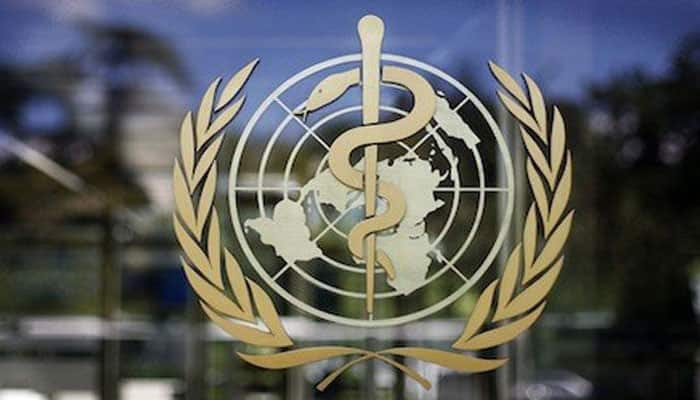Geneva: The World Health Organisation Wednesday launched a new network of rapid response medical teams for deployment in emergencies including humanitarian crisis like Ebola outbreak, earthquakes, famines and chemical spills.
The UN body is building a new registration system to build a global roster of Foreign Medical Teams (FMTs) ready for emergency deployment around the globe.
"The other part of WHO's lessons learnt after Ebola is that we require a global emergency workforce. Foreign medical teams will form a key pillar in the global emergency workforce," said Ian Norton, WHO's project leader for FMTs.
"What this will mean is a predictable, qualified and pre- registered?capacity and we are not talking of individual doctors but about teams because medical staff are only as good as their logistic support and their organisation," he said.
FMTs are groups of health professionals like doctors, nurses and paramedics that treat patients affected by emergency or disasters and had to comply with minimum standards set by the WHO in 2013.
There has been a considerable interest in registering in Asia, particularly from China, Indonesia and Philippines and the expected registration toll would be 150 in the first year, the UN body said.
Asked about Indian involvement in the project, Norton said: "The Indian foreign affairs department is very interested in this. It is a sign of solidarity to another nation state. We are very hopeful that India will register teams that they feel can go internationally. We definitely need to have them on the list."
"India has taken the approach that they would use the technical standards in the blue book [the minimum standards prescribed by WHO in 2013 for a FMT] but apply them to their national teams and for their own domestic preparedness.
"If a team is coming from Gujarat to another ministerial area then they are expected?to meet those standards," said the UN official.
The WHO said that the registration system is a "quality assurance process" where teams upon submission of registration request will?have a visit from the WHO and will also be subjected to peer review.
"It allows to build capacities for all sorts of specific hazards or an all-hazards approach in emergency response... Specific teams will have specialised skills for instance in chemical spills. Every country does not have to build niche capabilities but it will ask the neighbours or the world to come in with that [specialised FMT] team.
"It allows them to spend their health dollars on malaria and dengue instead of something that will not come in the next 20 years," said Norton.
















